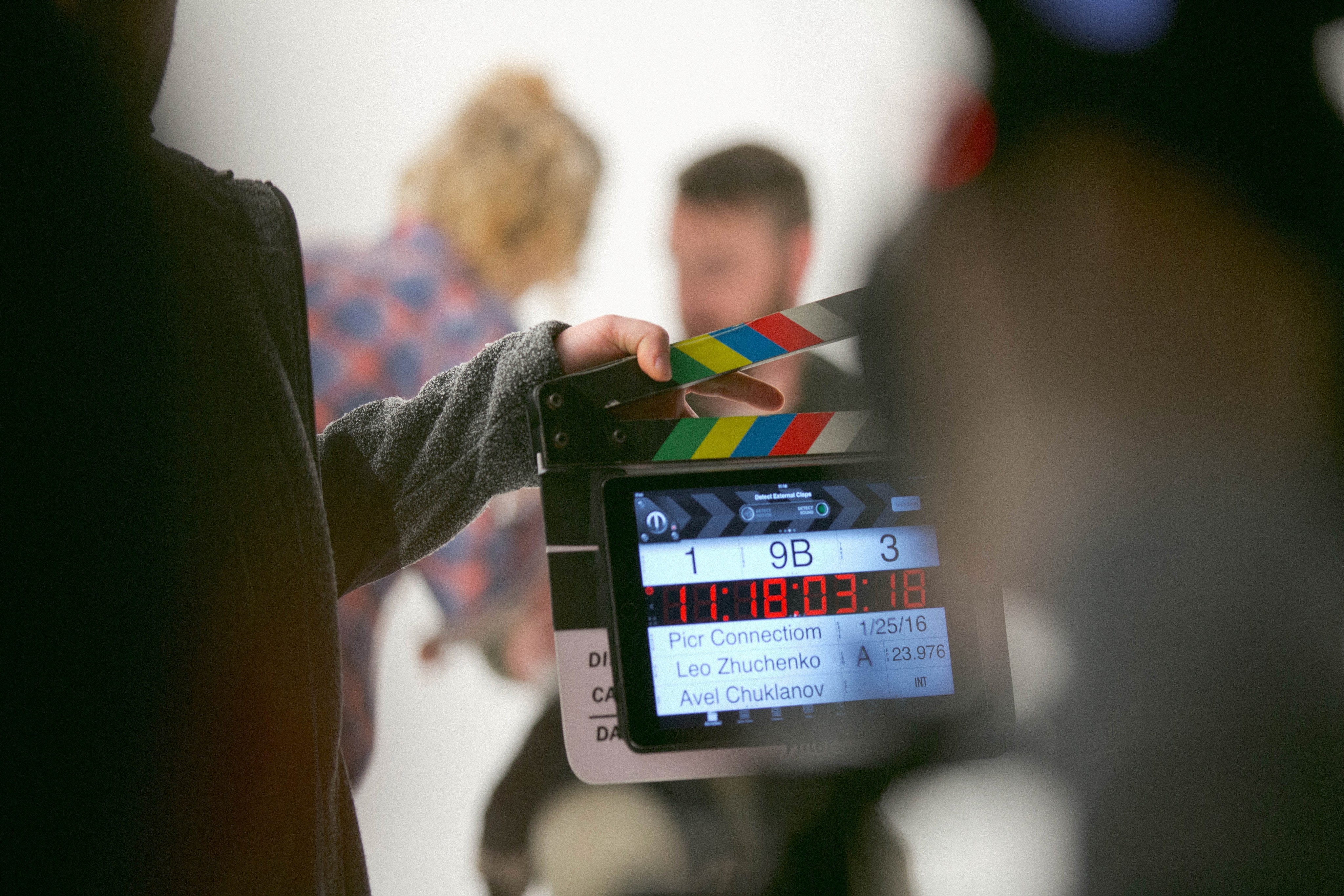AI in Entertainment: From Scriptwriting to Virtual Actors
Jan 12, 2022
In the ever-evolving landscape of entertainment, artificial intelligence (AI) has emerged as a groundbreaking force, reshaping the way content is created, produced, and consumed. From scriptwriting to the creation of virtual actors, AI's influence spans across various aspects of the entertainment industry, offering new possibilities and creative avenues.
AI-Powered Scriptwriting
One of the most intriguing applications of AI in entertainment is AI-powered scriptwriting. Traditional scriptwriting is a painstaking process that requires creativity, inspiration, and time. However, AI-driven tools are now assisting screenwriters in generating plots, characters, and dialogues.
AI analyzes vast amounts of existing content, identifying patterns and trends that help it generate original narratives. Tools like OpenAI's GPT-3 have demonstrated the ability to draft engaging scripts, saving time for writers and providing fresh ideas that can be refined further.
Virtual Actors and Deepfake Technology
Another area where AI is making waves is in the creation of virtual actors. Deepfake technology, powered by AI, allows for the manipulation of visual and audio elements to create highly convincing simulations of real people. While initially raising concerns about misinformation and ethical considerations, deepfakes have found their place in the entertainment industry.
Filmmakers and content creators are leveraging deepfake technology to bring historical figures or deceased actors back to life for cameo roles or even lead roles. This technology presents new opportunities for storytelling, allowing filmmakers to explore alternative narratives and scenarios that were previously impossible.
Enhancing Visual Effects and Animation
AI is also enhancing the visual effects and animation in entertainment. From generating realistic CGI creatures and environments to automating certain animation tasks, AI accelerates the production process while maintaining a high level of quality. This technology empowers animators and VFX artists to focus more on creativity and less on repetitive tasks.
Personalized Content Recommendations
AI-driven algorithms are transforming how audiences discover and consume entertainment content. Streaming platforms, for instance, employ AI to analyze viewing habits and preferences, offering personalized content recommendations to users. This not only enhances user experience but also guides content creators in tailoring their productions to match audience interests.
The Future of Creativity and Collaboration
While AI's impact on entertainment is undeniable, some concerns revolve around the potential loss of human creativity and the role of human artists in this new landscape. However, the prevailing viewpoint suggests that AI should be seen as a tool to enhance creativity rather than replace it. Many artists are embracing AI as a collaborator, using its capabilities to amplify their creative visions.
Conclusion
From generating scripts that challenge our perceptions to creating virtual actors that blur the lines between reality and fiction, AI's influence in entertainment is a testament to its transformative power. As technology continues to evolve, the entertainment industry stands at the forefront of innovation, exploring new horizons that promise to captivate audiences and redefine the creative process. The marriage of human imagination and AI's capabilities holds the potential to revolutionize storytelling and shape the future of entertainment in ways we are only beginning to comprehend.



